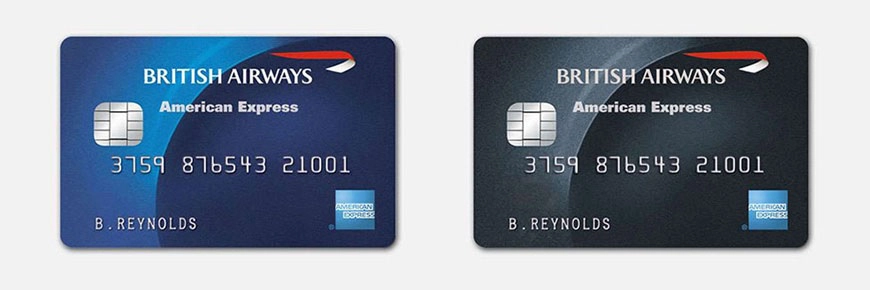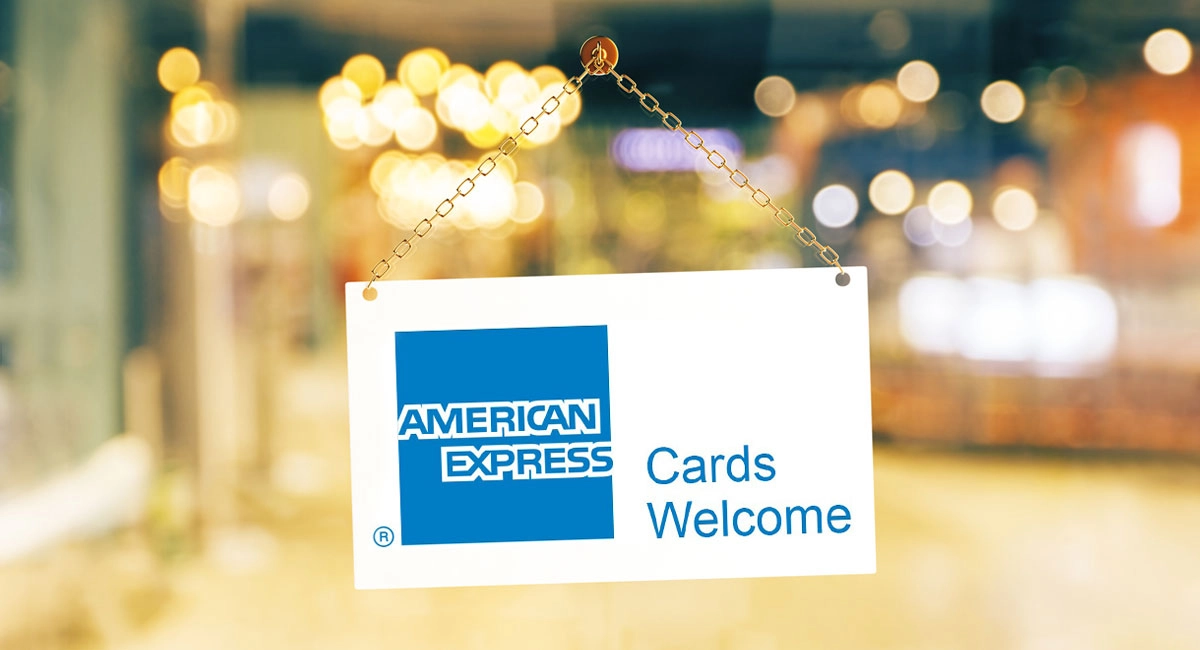It’s not just American tourists who use American Express – British consumers can too. Yet many UK businesses still do not accept it, so you might wonder: should you accept American Express in your business?
Why not everyone accepts American Express
It’s not every business that accepts a fair share of foreign cards, and merchants often consider Amex a “foreign card” (even though Brits use it too). Many trades have a high portion of local customers, for example hairdressers, off-licences and pubs in non-touristy areas. This makes it tempting as a merchant to not bother much about this. Fair enough, you would think.
Here are some other reasons why merchants have chosen not to accept it:
- Transaction fees are high (typically 3-4%) compared to Visa, Mastercard and other credit cards.
- There’s potentially more paperwork involved because American Express is their own acquirer separate from Visa, Mastercard and other cards handled collectively by other acquiring banks.
- Fewer people use Amex than Visa and Mastercard, so it isn’t seen as essential.
Should these reasons weigh high enough for you to avoid it too? Let’s look at the other side.
Why accept American Express?
The biggest reason for accepting Amex is perhaps the fact that people spend on average 50% more with this credit card than with other credit cards. Not strange considering the card is marketed to more affluent consumers than the average Visa/Mastercard user, so you can expect that money is less of an issue for an Amex user.
Add to that all the travel points, cashback and other rewards – plus refund/purchase protection – that American Express provides to their users, and you have a credit card favoured by many with the money to spend.
Now think of the customer who wanted to spend £500 on that jacket, only to lose the sale when your answer is “sorry, we don’t accept Amex” when they flash their card. Customers can be picky with how they pay, so the disappointment of a “no” can be the end of that relationship.
In the grand scheme of things, paying a 3.5% transaction fee and interchange fees on a big sale is still better for your profit margins compared to losing that sale (and possibly the customer). Even if you’re paying 1.5% and no interchange fees for Visa transactions, you can’t always persuade someone to choose Visa.

Two of the most common American Express cards in the UK. Customers earn Avios points for air travel when they use this card in shops. Photo: British Airways.
Going back to the point about local vs. foreign customers – if you’re trading in an area with a regular amount of foreign and/or wealthy customers, it will likely be worth it to accept Amex. You may not need to take the card much, but given the higher average spend with Amex, it could be worth it.
Consider this:
- What is your projected cost of accepting Amex? Consider setup fees, transaction rates, monthly fees, PCI compliance (if relevant), etc.
- What are your projected additional profits compared to not accepting Amex?
If the cost of accepting Amex is higher than the actual profits via Amex, it’s probably not worth it for your business. If accepting Amex has brought you more money, you can ask yourself if the additional hassle (if any) is worth this extra money.
How do you accept the card?
Merchants can choose to set up a merchant account directly with Amex, or get a merchant service provider to set up Amex acceptance through a special agreement. Amex is unique since they are card issuer, processor and acquiring bank all at once, thereby able to streamline those services internally. But it also means more complexity for merchants integrating Amex with other payment systems.
Amex offers an American Express Merchant Account, but unlike other acquirers, only Amex is processed through this account (in contrast to their online payment gateway, which accepts a full range of cards). Choosing Amex as your direct acquirer also means you have to get a card terminal elsewhere, as they do not offer their own integrated solutions. You pay from £15/month + setup fees + transaction fees of 2-5% + 7-10 p with an American Express Merchant Account. As they are quite strict on security, they require your business to be fully PCI-compliant.
Businesses making over £100k a year should consider setting up a merchant account directly with American Express. They provide a premium service to their merchants, you can save on fees by eliminating third party costs, card processing times are faster, and fraud prevention is more efficient. You also get access to detailed analytics on your Amex customers’ spending.
If you’re going through a merchant service provider or general acquirer, most of them can set up an agreement with Amex for you. This way means you don’t get access to American Express Merchant Account’s own services, and instead rely on the tools set up by your chosen provider.
Using a different acquirer or merchant service provider often means higher fees for Amex acceptance (but prices do vary greatly, so it’s worth looking around). That’s because they have to negotiate contracts with Amex themselves and route payments through Amex’s own banks to enable this, making card processing more costly.
Smaller businesses may find it easier and more economical to choose a payment facilitator already accepting the card. This takes the additional paperwork and setup fees out of it, as the payment facilitator has an existing contract with American Express. Currently, the following payment facilitators accept Amex: iZettle, PayPal Here, Square and SumUp.





